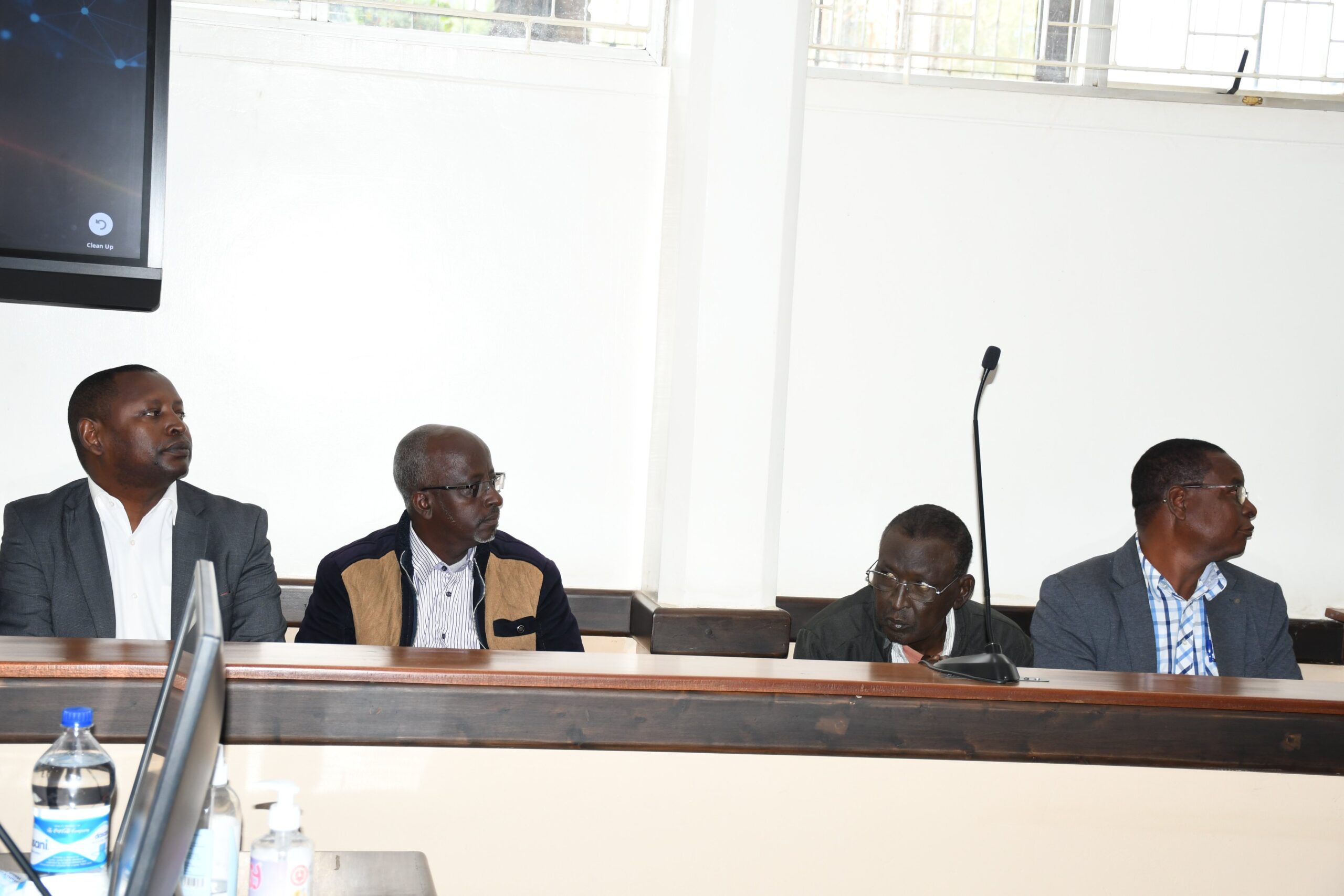By REUBEN MUSONIK, THE DISPATCH DIGITAL, NAIROBI
Nairobi, Kenya – The Nairobi Anti-Corruption Court has today found former Samburu Governor Moses Kasaine Lenolkulal, alongside eight former County Chief Officers and a businessman guilty of conflict of interest, unlawful acquisition of public property, and abuse of office. The verdict, delivered by Chief Magistrate Thomas Nzioka, is a resounding statement on the personal liability of officers who take illegal instrctions from their bosses, and judiciary’s resolve to hold public officials accountable for misusing power for personal gain.
Moses Lenolkulal, who served as Samburu Governor from 2013 to 2022, was at the center of a corruption scandal involving his company, Oryx Service Station. During his tenure, Lenolkulal’s company secured contracts to supply fuel to the Samburu County Government, resulting in the unlawful acquisition of Ksh. 83,345,255 between March 27, 2015, and March 25, 2019. The court found Lenolkulal guilty of leveraging his position as governor to funnel public funds into his private business, in clear violation of anti-corruption laws.
The prosecution presented compelling evidence through eleven witnesses, substantiating claims of conflict of interest and abuse of office. Lenolkulal’s conviction on these charges signals the judiciary’s determination to crack down on high-level corruption, particularly where public officials have exploited their roles for personal enrichment.
Eight former County Chief Officers were also convicted alongside Lenolkulal, including key figures such as Stephen Siringa Letinina, County Secretary, and Daniel Nakuo Lenolkirina, Chief Officer of Finance. These individuals were found guilty of abuse of office under the Anti-Corruption and Economic Crimes Act, 2003, having facilitated the governor’s corrupt dealings by failing to exercise due diligence and oversight in their roles.
The court’s ruling extends beyond the immediate convictions, as Lenolkulal was ordered to forfeit four prime properties in Karen, Nairobi, valued at over Ksh. 80 million, as well as Ksh. 14.6 million from his personal bank accounts. These assets, amassed through corrupt practices, are to be returned to the state.
The conviction has elicited a strong reaction from the public, with many viewing it as a critical victory in the war on corruption. On social media platforms like X (formerly Twitter), citizens expressed relief and optimism, praising the judiciary for its tough stance. However, the case also sparked discussions about the pervasive nature of corruption in county governments and the need for systemic reforms to prevent such abuses of power.
Politically, the case has sent shockwaves through the ranks of public officeholders, signaling that no one is above the law. The conviction of a former governor is a stark reminder that the judiciary is willing to pursue justice, even against powerful figures who have historically evaded accountability.
A Precedent-Setting Conviction: Implications for Governance and the Judiciary
Moses Lenolkulal’s conviction sets a crucial legal precedent, particularly in the prosecution of high-profile corruption cases. It demonstrates that the judiciary is not only capable but also willing to hold influential figures accountable for their actions. This case is likely to have far-reaching implications for governance in Kenya, as it raises the bar for transparency and accountability in public office.
The confiscation of Lenolkulal’s assets is symbolic, reflecting the judiciary’s commitment to ensuring that public resources are not only recovered but are also used to benefit the public. This outcome serves as a warning to other public officials engaged in corrupt activities that the consequences of such actions will be severe.
While Lenolkulal’s conviction is a victory for the anti-corruption movement, it is just one step in the broader struggle to root out graft in Kenya. Many similar cases remain unresolved, and the conviction highlights the need for continued vigilance and systemic reforms. The public, judiciary, and anti-corruption bodies must remain steadfast in their efforts to ensure that the gains made in this case are not isolated incidents but part of a broader trend toward greater accountability in governance.
As Kenya continues to confront the challenge of corruption, Lenolkulal’s trial and subsequent conviction will likely serve as a blueprint for future cases, helping to shape the legal and governance landscape in the country.
